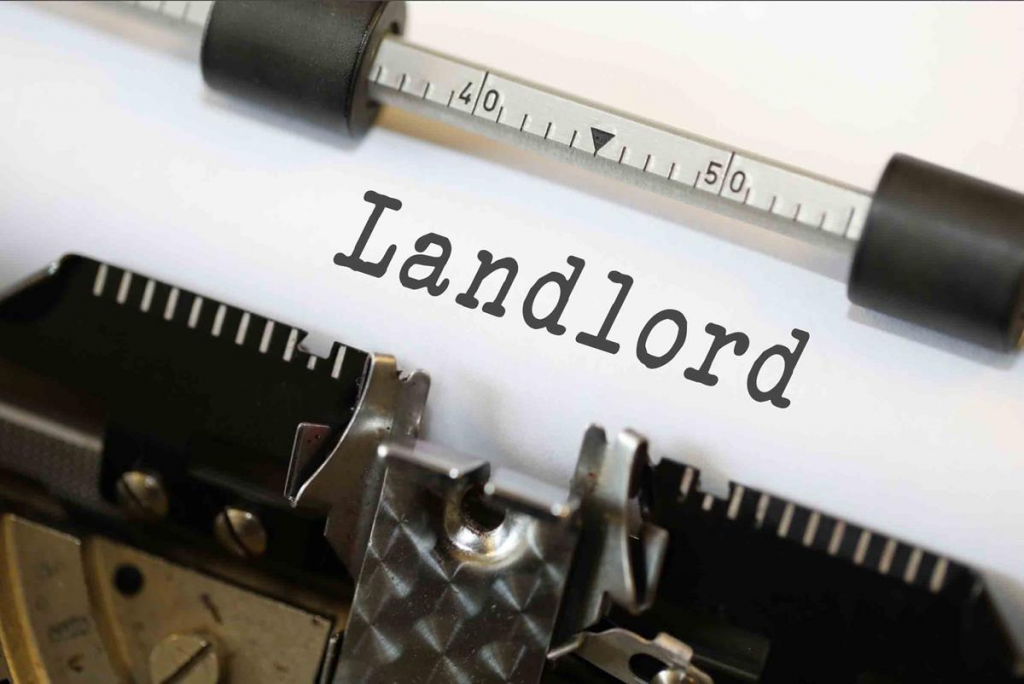
The onset of summer means a rapid increase in temperature; therefore, for you to have a comfortable stay, you require an air conditioning unit that will cool down the environment to a desirable state. However, these home appliances are prone to damages due to a couple of reasons like electricity faults or wear and tear. In a case where the machine shuts down, how do you approach the problem? Do you call your landlord, or do you opt to hire an air conditioner tech? The question about who should take liability for the maintenance of the AC is still debatable.
The landlord and tenant act clearly states that air conditioning units are not part of the requirements that a landlord should offer their tenants to provide a conducive living environment. The AC units get categorized as amenities, and therefore, a tenant has to take the initiative and get one for their personal needs. However, laws vary depending on different regions, but the houses that tenants lease must only have the fundamental requirements like gas, electricity, toilets, and sinks, among other things. Depending on the lease agreement, a landlord has to ensure that all the items that they offer are functional, and in case of any faults, they should take responsibility. They need to give out contacts for their choice of repair and maintenance experts who are reliable. In such a case where you purchase a unit for yourself, you will take responsibility to repair it whenever it breaks down. Also for any emergency furnace service that might be required, the tenant has to take care of it right away, in case there is some significant risk to the property.
Furthermore, you could be living in a state that is in a geographical location suffering from irregular temperature fluctuations. The laws recommend that all landlords provide air conditioners to their tenants to avoid sudden deaths due to excess heat. The gadgets are considered as vital requirements to ensure a habitable environment. However, other landlords can regulate the temperatures of the units to a specified level, depending on the type of houses. In this case, the landlord is responsible for the efficient functioning of the machines. If there are any problems, all that tenants have to do is make a report to the owners who later get someone to fix it immediately. Tenants in this type of state have a right to getting the item, and absence will lead to continuous vacancies in the premises.
The landlord is not responsible for repair if the cause of malfunctioning is from the carelessness of tenants. They can only accept liability if the AC becomes broken due to reasons that a tenant has no control over like wear and tear, electrical faults, and any other natural causes. For a landlord to ensure this rule gets followed, they have to schedule frequent inspections for purposes of establishing the working state of the machines. The inspection report is for both the landlord and tenant for clarification purposes.
Although, the landlord technically owns houses, the responsibility of ensuring household equipment operates well is typically dependent on the location and lease agreement. Also, negligence of tenants makes them liable for repairing the faulty appliances.







